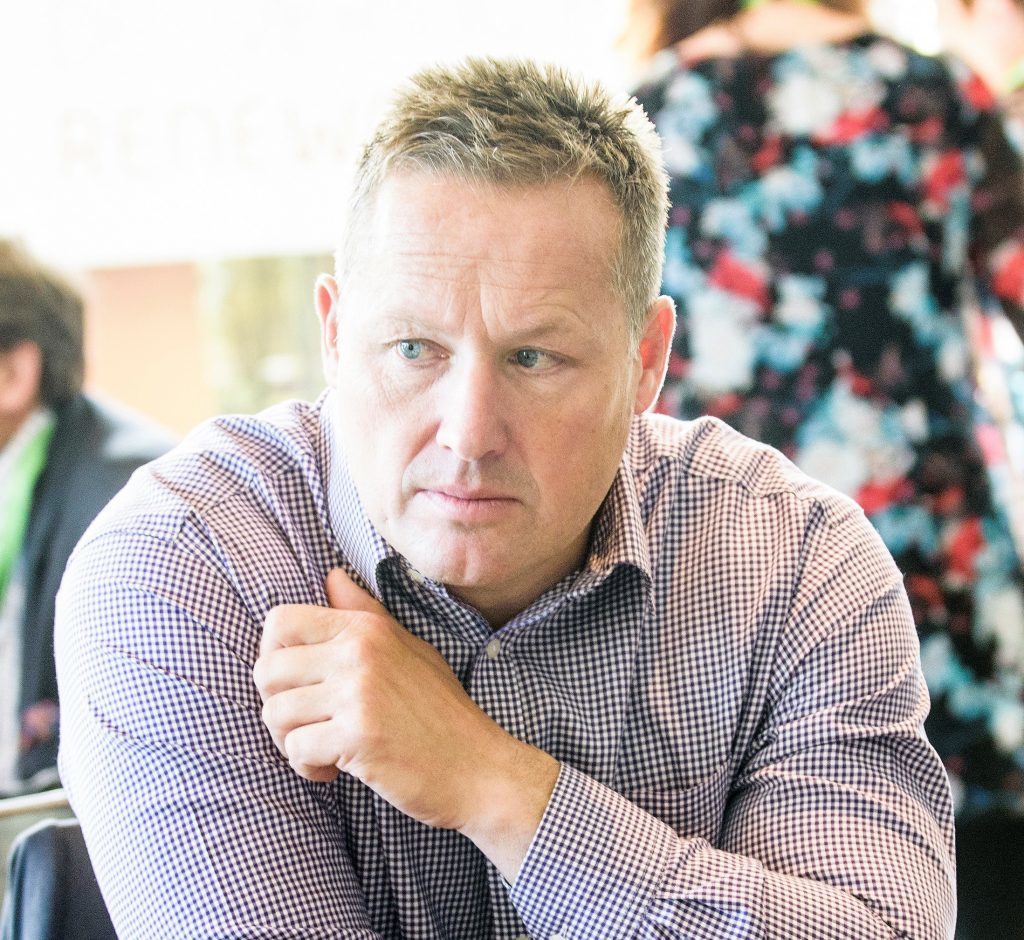
Scotland’s wave and tidal-energy industry is in a battle for cash from the EU.
But the man driving forward the country’s big push towards turning the power of the waves into power for our homes is confident all will not be lost after the UK quits the bloc.
Tim Hurst, managing director of Inverness-based development body Wave Energy Scotland (WES) said yesterday there were tens of millions of pounds of EU funding supporting new wave, tidal and other renewable-energy technologies across Scotland.
Some of this is channelled through the EU’s Horizon 2020 programme.
Horizon 2020 covers research and development projects taking place not just within the union, but also in Norway and Israel and Mr Hurst hopes Scotland can continue to reap the benefits long after Brexit.
“My hope is that whenever we leave the EU we can remain in the programme as an associate country,” he said, adding: “There are no hard and fast rules.”
Either way, the industry is looking for a lot more support from politicians in London.
Mr Hurst said: “While the UK Government wants to lower energy costs for consumers and so is reducing the amount of subsidies, they also want to meet their environmental and emissions targets.
“But there is not enough focus on emerging technologies and if we don’t invest in research and development now, these will never be an option.”
And he warned: “I see no indication there will be any major change of policy.”
Mr Hurst said the industry was learning lessons from failed funding models of the past.
He added: “The industry was moving too quickly out of early stage development into commercialisation at a high cost. The venture-capitalist funders were just looking for a quick exit.”
Bigger devices were favoured because of their greater subsidy potential, he said, adding: “We’ve learned some very good lessons.”
“We now have a different, procurement, model and a competitive development programme instead of grants.”
Scottish Government funding worth £10million through the annual Saltire Prize competition is supporting a “significant technology programme,” Mr Hurst said.
The prize challenge committee is currently considering options for “reshaping” the competition to “better reflect the circumstances of the wave and tidal sectors”.
Recommended for you
